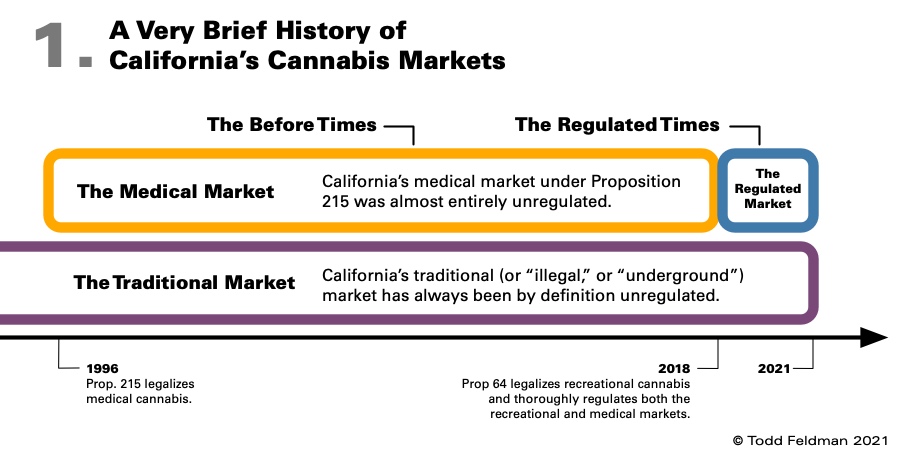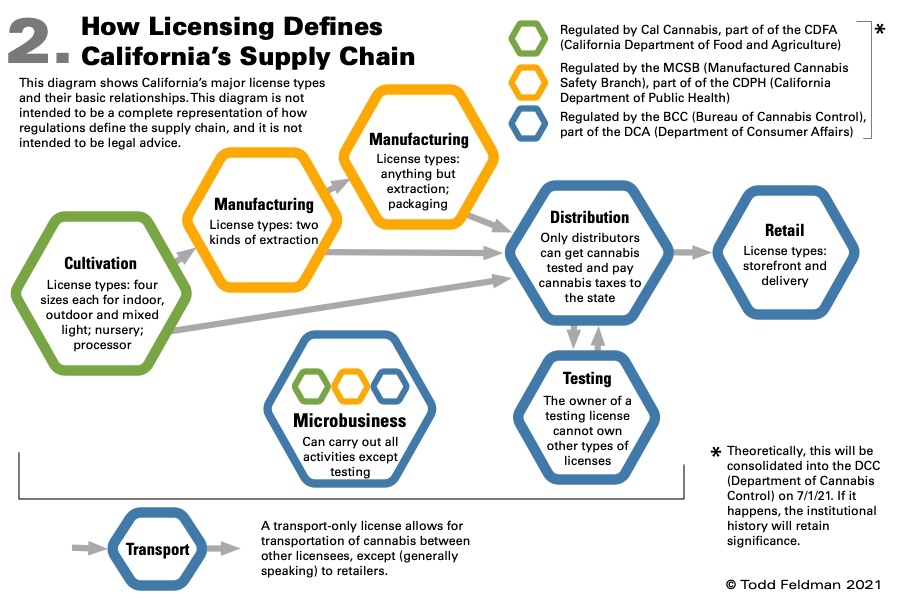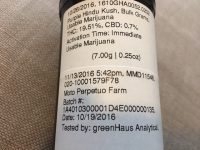<![CDATA[
In a blockbuster deal to kick off the 2021 international cannabis M&A season, Jazz Pharmaceuticals has inked a deal to acquire GW Pharmaceuticals, manufacturer of the FDA- and DEA-approved Epidiolex, to the tune of $7.2 billion. As Bloomberg noted, GW’s stock skyrocketed about 46% Wednesday morning as the headlines hit the wires.
The transaction maintains a spotlight on the pharmaceutical side of the international cannabis market.
“Jazz Pharma’s acquisition of GW Pharma, at a significant premium, demonstrates that pharmaceutical companies are recognizing the value and future potential of cannabinoid based medicines,” said Jason Wilson, cannabis and banking expert at ETF Managers Group, the issuer of $MJ. “It is also another example that the cannabis industry is continuing to normalize and evolve beyond the traditional cultivation of flower, with potential well outside of our borders. For investors, the acquisition of GW Pharma is another reminder that investing in cannabis touches many verticals globally, requiring a diverse approach beyond traditional cannabis cultivation companies.”
RELATED: DEA Greenlights Epidiolex. What’s Next for CBD and the Cannabis Industry?
So, who is Jazz Pharmaceuticals? From the team at Bloomberg: “Jazz has an array of medications for cancer and other conditions and diseases, but is best known for its high-priced narcolepsy treatment Xyrem, which had sales of $1.64 billion in 2019. However, with the drug due to lose exclusivity soon, revenue from it was expected to peak at $1.75 billion in 2020, according to analyst estimates compiled by Bloomberg.” The company is based in Ireland.
The cost to Jazz will be borne by a mix of cash and debt financing. For GW Pharma shareholders, the transaction will deliver $200 in cash plus $20 in Jazz stock per share.
Kyle Detwiler, CEO of multi-national operator Clever Leaves, provided a comment on the far-reaching scope of this deal: “This is a sign pharmaceutical cannabis is here to stay. I think this helps signal that global private equity and institutional inventions are increasing their focus on the space.”
It’s an acquisition that will surely play a role in how international cannabinoid markets develop over the next year.
Jazz CEO Bruce Cozadd added, "We are joining two teams that share a passion for, and track record of, developing differentiated therapies that advance science and transform the lives of patients. This will help facilitate a successful integration and bring added capabilities to Jazz. Given the strength of our balance sheet and the meaningful financial drivers of the transaction, we are confident in the value we can deliver to both companies’ shareholders and patients. We look forward to welcoming the GW team to Jazz to build an even stronger company."
]]>









